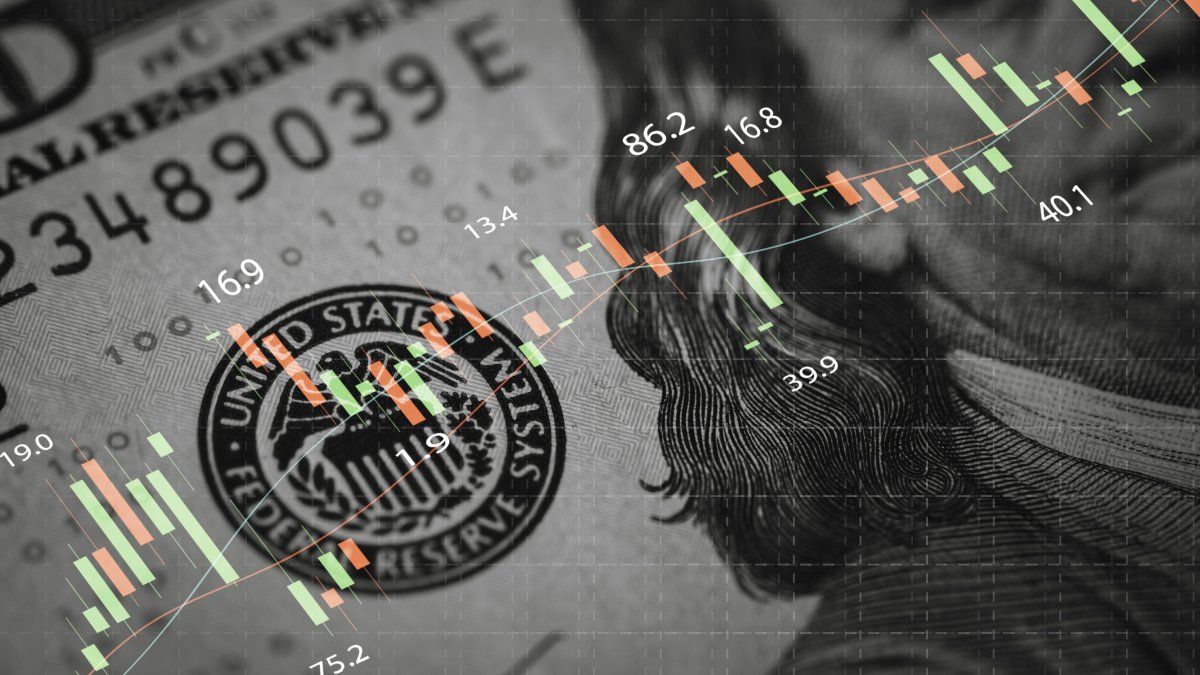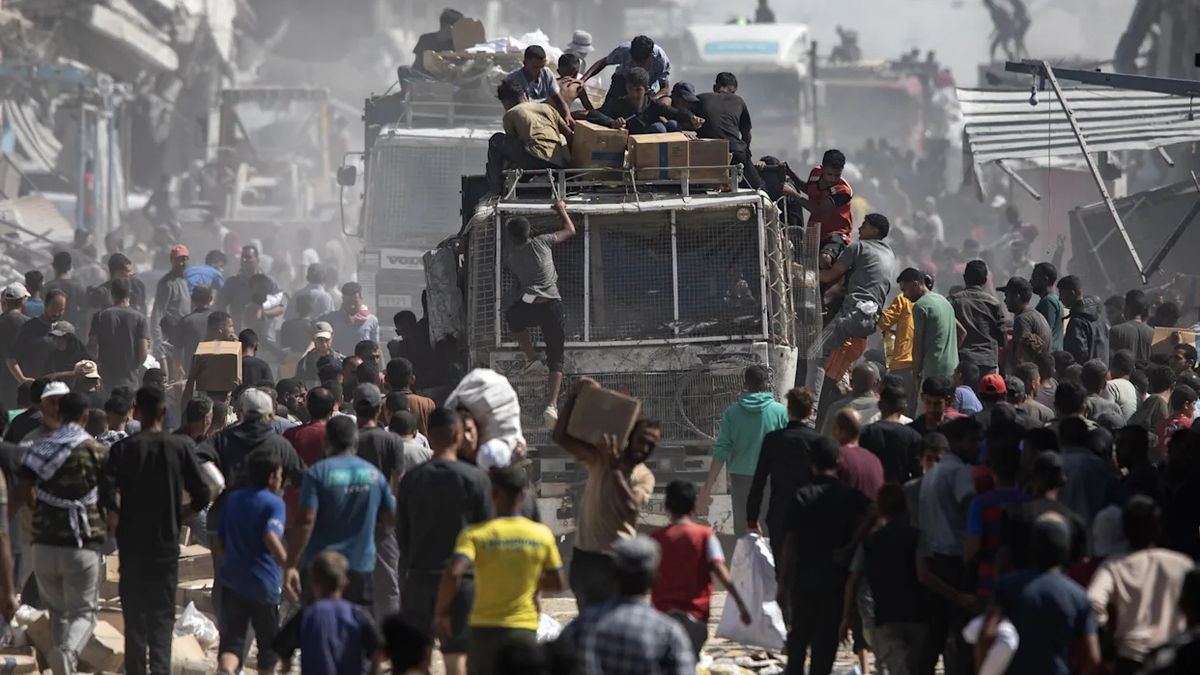Fearing that the gasoline crisis in Great Britain could escalate further, the Boris Johnson government has requested help from the military: “If necessary, the deployment of military personnel will temporarily support the supply chain with additional capacity to relieve the pressure caused by the increased demand for fuel is emerging “, said Minister of Economics Kwasi Kwarteng yesterday. A limited number of military tanker drivers are already on standby.
Specifically, it is initially about 150 soldiers. And their use will still be a long time coming. Because it will take at least ten days until the soldiers are trained. Johnson’s critics complain that the government has done “far too late and far too little” here.
Meanwhile, several oil companies called for restraint at the dispenser: There is enough fuel and the government is working to make it available across the country, they said. But the picture that is currently facing the British is different: There are bottlenecks in gasoline and diesel at numerous filling stations, and for days there have been panic skids and long queues. In many places, the police had to pull up to secure access to gas stations and prevent traffic jams. Faults between drivers were reported from several petrol stations. Doctors, nurses and ambulance drivers complained bitterly that they could not do their job.
“Don’t help out of the shit”
The background to this is a huge shortage of truck drivers, which has already led to empty supermarket shelves. Because of the corona pandemic, a number of driving lessons and tests have been postponed. In addition, around 20,000 skilled workers, mainly from Eastern Europe, emigrated due to the Brexit – new, strict immigration rules are now preventing immigration.
To combat the problems, the government plans to issue work visas for up to 5,000 foreign truck drivers, among other things. But the Dutch truck driver association has already waved it off: “The EU drivers will not come to Great Britain with a short-term visa to help the British out of the shit, for which they are responsible themselves.” Prime Minister Boris Johnson still denies a direct connection with Brexit, but for the former EU chief negotiator in the Brexit talks, Michel Barnier, it is clear: Great Britain must now face the consequences of leaving the EU.





